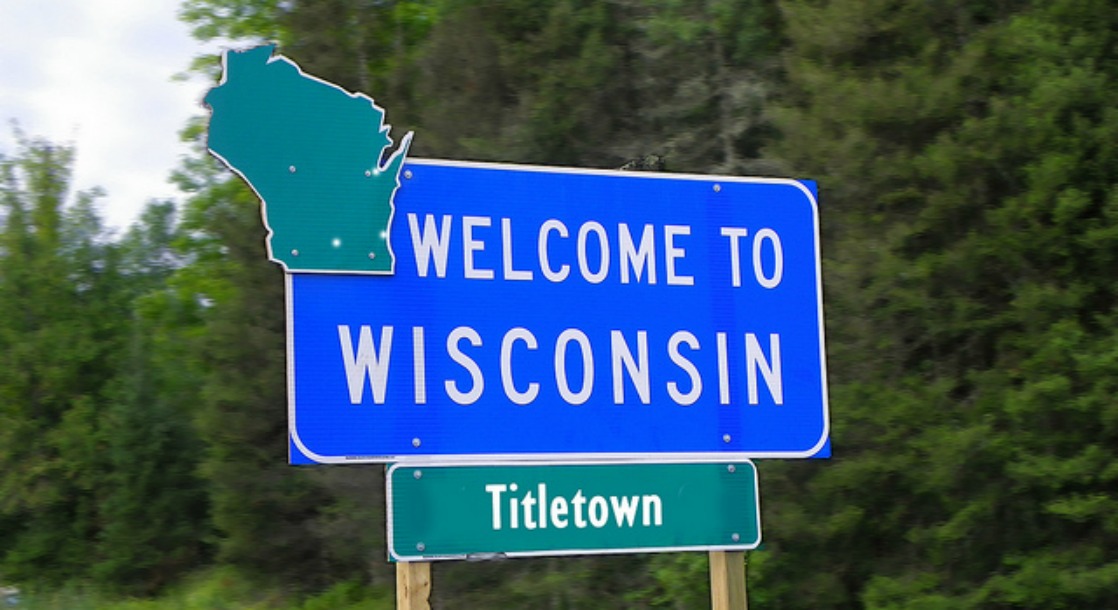With legal recreational cannabis businesses preparing to open their doors in Massachusetts this July, the medical marijuana industry in neighboring Rhode Island is brainstorming new ways to keep itself competitive. There are currently only three licensed medical cannabis dispensaries in Rhode Island, and for some of the state's licensed patients, it may be much easier to hop across the border and purchase weed from a Massachusetts retail shop.
"When this program was set up, we didn't think about competition with neighboring states," Seth Bock, CEO of Portsmouth, Rhode Island's Greenleaf Compassionate Care Center, told the Providence Journal. "Now we can't avoid that conversation. If the state doesn't take appropriate action, there's a real threat that we could be driven out of business."
The dispensaries are now working with the state to iron out a system to allow home cannabis delivery in hopes that convenience will keep patients' cannabis dollars in-state. Fortunately, state regulators are open to the possibility of home delivery, and are currently reviewing the dispensaries' delivery proposals.
At the heart of this proposed delivery system is a new mobile app that the state is developing to assist in the tracking of medical cannabis products. Like many canna-legal states, Rhode Island has a tracking system that monitors all cannabis plants from the first seed to the final sale, and the new app will allow dispensaries to report the successful delivery of cannabis products to a patient's home.
The issue that these dispensaries are facing is not unique to Rhode Island, as the disparity of cannabis legislation from state to state has created many similar situations where states with more restrictive cannabis laws are pressured to react to more progressive neighboring states. In New Jersey, the election of pro-cannabis Governor Phil Murphy has greatly increased the likelihood that the Garden State will legalize recreational cannabis this year, a decision that could impact the cannabis industries in neighboring states.
For example, Pennsylvania's medical marijuana industry is in its infancy, and industry insiders are concerned that easy access to legal New Jersey weed could cut into their profits or even cripple the industry before it has the chance to fully develop. Legal marijuana in New Jersey could also be a problem for New York, where legislators have only enacted a very limited medical marijuana program, despite the fact that the majority of New York voters support full recreational legalization.
"I don't think there's any question some people will seep across the border into Massachusetts," a spokesperson for Rhode Island's largest dispensary told the Providence Journal. "The question is how much of an impact are [recreational pot shops] going to have on our patients?"











